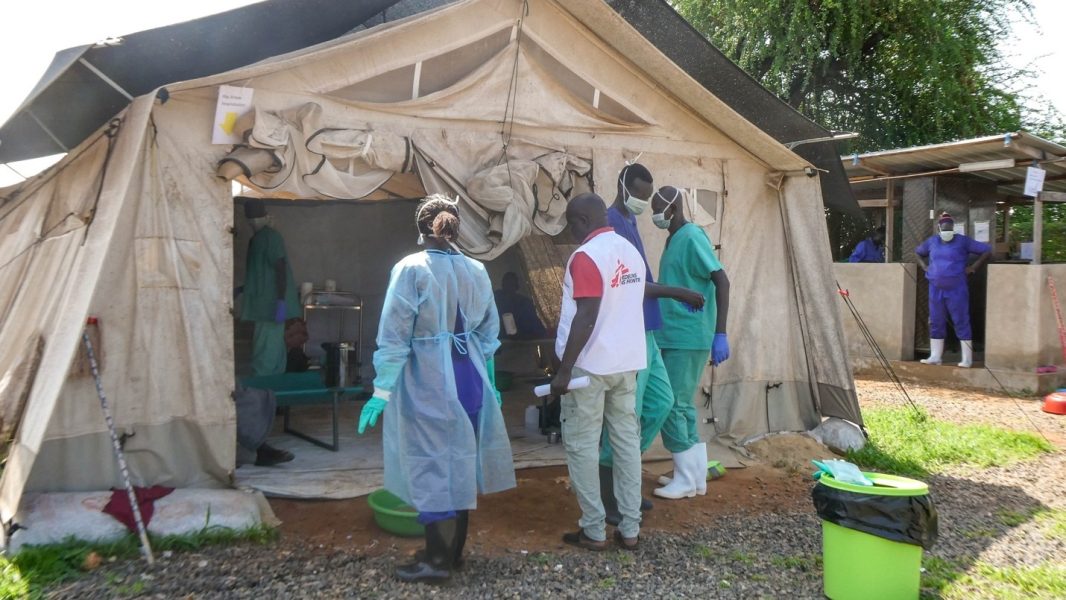
As South Sudan’s national cholera figures begin to show signs of improvement, the Abyei Special Administrative Area is facing a rapidly escalating health emergency.
Médecins Sans Frontières (MSF) has issued a stark warning that the outbreak in Abyei could spiral out of control unless urgent water, sanitation, and hygiene (WASH) interventions are implemented immediately.
Health officials in Abyei declared a cholera outbreak on June 11, 2025, following a steady rise in suspected cases.
The region, located in the northwest of the country, is the latest to be affected in a nationwide epidemic that has persisted since September 2024, impacting states such as Unity, Jonglei, Upper Nile, and Central Equatoria, including the capital, Juba.
“The situation in Amiet is critical,” said Stéphanie Dongmo, MSF Project Coordinator in Abyei. “The patients admitted to Ameth Bek Hospital confirm an active outbreak. The risk of spread to Abyei Town is high, especially with the return of the rains, deplorable hygiene conditions, and the continued arrival of displaced people from Sudan.”
Amiet market, a sprawling informal settlement near Abyei Town, now shelters over 50,000 people fleeing conflict in neighboring Sudan, where most residents lack access to clean drinking water and sanitation facilities.
Open defecation is widespread due to a severe shortage of latrines, conditions that are ideal for cholera transmission, particularly during the rainy season.
MSF has been operating a 20-bed cholera treatment unit (CTU) at Ameth Bek Hospital since April 11. Between June 2 and June 28, the facility treated 333 suspected cholera cases. Weekly admissions have surged: 80 cases were recorded from June 9–15, 77 from June 16–22, and 94 between June 23–28.
“The surge in cases over the past three weeks is deeply concerning,” Dongmo said. “Medical care alone cannot contain this outbreak. We urgently need clean water, soap, latrines, and drainage systems to prevent further spread.”
The onset of the rainy season has compounded the crisis. Flooded roads threaten to block aid delivery, while stagnant water increases the risk of waterborne disease transmission.
MSF is calling for the immediate rollout of oral cholera vaccines in Abyei and other high-risk areas, alongside a rapid scale-up of WASH services. The organization emphasized that without swift and coordinated action, the outbreak could escalate into a full-blown humanitarian emergency.
According to the World Health Organization, South Sudan has recorded more than 75,000 cholera cases and over 1,300 deaths since the outbreak began. On Tuesday, national health officials updated the figures to 77,000 confirmed cases and nearly 1,400 deaths.
While the rest of the country begins to see a decline in new infections, the worsening situation in Abyei underscores the urgent need for targeted interventions in underserved and high-risk regions.

